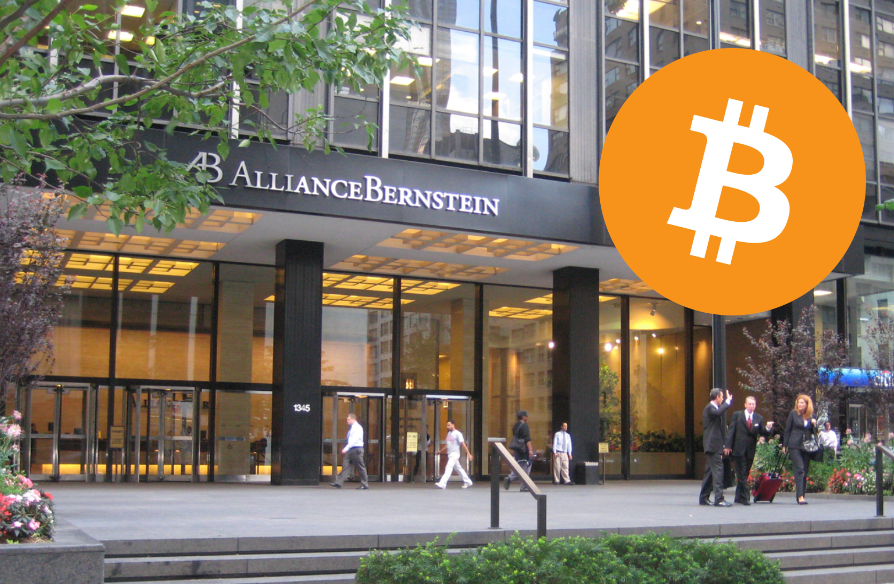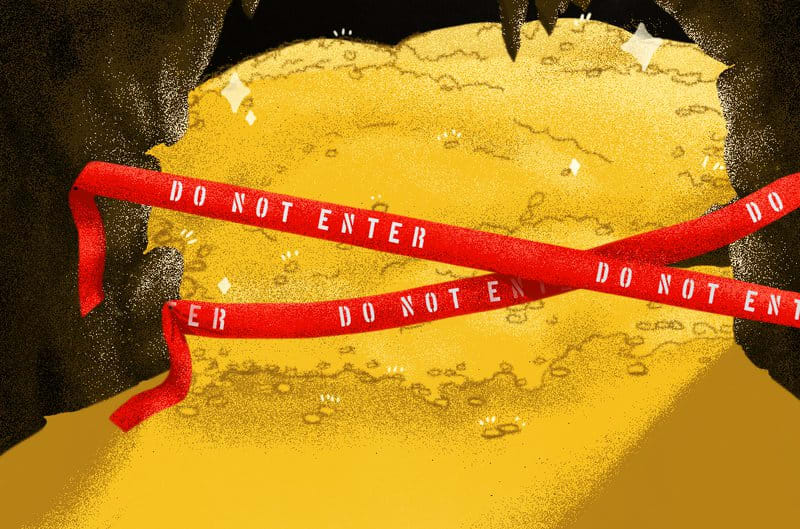Education Is The Best Bitcoin Investment
Bitcoin service providers must integrate security best practices directly into their user experiences if they are to deliver the revolution.

The tech industry abounds with buzzwords and acronyms that seem, at times, designed to exclude the ordinary user. But “UX” isn’t one of these mere buzzwords. User experience is one of the rare bits of tech shorthand that actually mean something to our customers and clients because everybody knows what bad UX looks like.
But sometimes, great UX isn’t all that it seems, especially for new and inexperienced users. In the last Bitcoin Magazine article penned by a member of the Casa team, we examined Bitcoin’s greatest UX problem, security, and posed the question: How do we make bitcoin self custody simple?
The answer is simple, if not easy: We must teach users how to keep their coins safe by weaving education into the wider user experience, creating an environment where security becomes second nature.
The Industry’s Responsibility To Users
There are many things that distinguish Bitcoin services from other online services, but perhaps the biggest difference is the unique user base. Bitcoiners usually spend a long time reading and researching before taking the plunge. Throughout their product- and ecosystem-vetting process, they remain hungry for knowledge and eager for guidance on how to navigate this new world, with security remaining central to their decision-making methods.
This places enormous responsibility on the Bitcoin businesses that value long-term industry adoption, as well as cultivating strong product loyalty. Because our users are often investing significant amounts — in some cases, a good chunk of their life savings — into the one cryptocurrency proven to be a trusted store of value, providing them
with products that are well-architected and thoughtfully explained, as well as providing the most up-to-date security enhancements, is critical.
But this is a responsibility that our industry has, on the whole, shirked.
It could be argued that trading platforms, exchanges, and Bitcoin wallets have tried to educate their users on the basics. But you don’t have to go too far to find proof that they’re not doing enough to help their customers keep their coins secure.
We’ve already outlined how the Bitcoin ecosystem is failing in its responsibilities. So, let’s look at the corrective: education. We must find a way to provide continuous learning to our users in a way that does not detract from the overall experience of buying, trading or securing our bitcoin.
Making UX Educational
Bitcoin companies that commit to teaching users how to stay secure will ultimately help strengthen the entire space. But how do we best go about it?
Weave learning into the warp and weft of the Bitcoin user experience in a way that users notice as little as possible. This integration should also artfully prompt people to undertake the tasks necessary to take control of their security so both Bitcoin businesses and their users inherently acquire the skills needed to secure their coins.
The perfect educational system is one where people don’t realize they’re learning. For example, prompting users with regular and well-timed reminders to perform simple security health checks.
As humans are creatures of habit, creating consistent and repetitive reminder processes helps users encode best practices into their custody solutions. To accomplish this, bitcoin custody providers can ping customers with messages to turn on their computers and perform “handshakes” with their wallets, just to make sure everything is working as it should. It’s simple, takes seconds, but it also brings up important questions: Are you using private keys or public keys? Do you know the difference? Is it easy for you to find your wallet?
Providers won’t want to overwhelm the user with constant reminders; nor would they benefit from “gamifying” the experience. Honest providers didn’t go into business to patronize our users, or to make a game out of security. Bitcoin is too serious for that.
If we incorporate concise, bite-sized and well-timed reminders to complete simple tasks, however, that’s our opportunity to nudge our users to educate themselves about security best practices without detracting from the seamless experience.
But popups and e-nudges aren’t enough on their own. Yes, our users tend to be highly technically literate, and they’re usually self-taught. They look for answers in the educational resources that Bitcoin businesses provide, or through third-party YouTube tutorials.
Sometimes, though, only a human will do. That’s why we must complement our educational resources with 24/7 access to expert advice whenever they are in need.
Technology is increasingly devoid of human connection, and Bitcoin isn’t blameless. If we want to deliver the revolution, we need a return to healthy, positive computing. It might seem a bit “1990s” in a world of AI and chatbots, but user support on the phone, delivered by an expert who’s always there when you need them, is something we should embrace, not disparage.
So, after a year in which we’ve been more divorced from each other than ever before, let’s commit to making 2021 the year we get back in touch with our users, and give Bitcoin the human face it has lacked for so long. And let’s remember the words of Benjamin Franklin: “An investment in knowledge pays the best interest of all.”
This is a guest post by Scott Hurff. Opinions expressed are entirely their own and do not necessarily reflect those of BTC Inc or Bitcoin Magazine.









